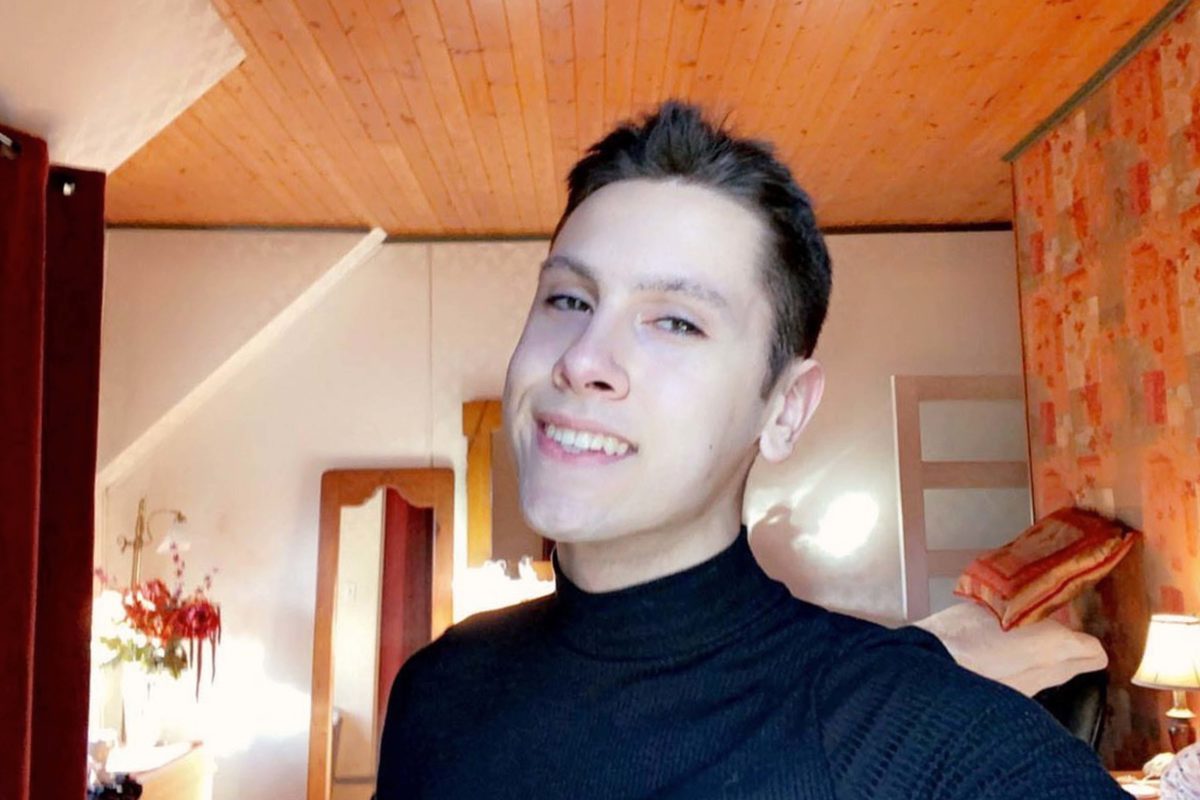When Drew Hudson, a third-year St. Thomas University student, went to class the day after Britney Spears’ father announced he would be stepping down as her conservator, he remembers a teacher saying, “she’s free!” To which Hudson replied, “well, sort of.”
Spears, child star turned pop icon, is in an ongoing public battle for her personal freedoms.
The controversy, covered by the media and multiple documentaries over the last year, is based around Spears’ attempts to break out of her conservatorship. Her father stepped down from being her conservator in August.
A conservatorship is put in place when a court deems an individual isn’t of sound mind to manage their medical and financial responsibilities so another person takes over that power. For Spears, that person was her father, Jamie Spears.
Spears’ father was in charge of her personal decisions and $60 million dollar estate for 13 years.
“It’s a great thing that her father isn’t the one who’s in control,” said Hudson. “But again, there’s somebody who’s in control.”

The #freebritney movement gained traction in April of 2019. Started by concerned fans, Hudson said people would analyze Spears’ Instagram posts, trying to find hidden subtext in the captions. With enough attention raised online and in protests, the question of Spears’ wellbeing made headlines once again.
Since being placed under a conservatorship in 2008, Spears released four studio albums and performed a four-year residency in Las Vegas.
Working while under a conservatorship was one of the reasons fans were alarmed. Hudson said a lot of fans want Spears to be in charge of herself.
“She’s a grown woman that has her own life and has been working this hard thus far,” said Hudson. “So why would she need someone in charge of her?”
Hudson followed Spears’ case for the last few years. He said he has an affinity for women in the public eye and thinks there are a lot of misconceptions surrounding them. In middle and high school when he would vocalize his love of Spears, classmates would call the singer “crazy.”
“It’s always harsher for women in the media than it is for men to do basically anything,” said Hudson.
He hopes that the #freebritney movement will bring more attention to the conservatorship system. He said despite getting less attention in the media, celebrities like Amanda Bynes were also previously under conservatorships.
Hudson said he thinks sometimes people forget celebrities are human too.
“You wouldn’t want that to happen to your best friend or anyone like that,” said Hudson. “So why would you let it happen to a celebrity?”

Félix Turgeon, a second-year student at STU, said the topic is a lot more serious than people realize. As more details come out, the darker it seemed to get, said Turgeon.
Spears rose to celebrity status at a young age, appearing in the Mickey Mouse Clubhouse with other household names like Christina Aguilera and Justin Timberlake. Spears released her first album, “Baby One More Time,” at the turn of the century and was later cemented as not only a pop icon but an LGBTQIA2+ icon, Turgeon said.
Growing up in a French household, Turgeon listened to icons from the 70s and 80s like Céline Dion and Michael Jackson. It wasn’t until he was around seven that he started to listen to Spears, but the connection was instant.
“She’s one of the first icons that made me who I am today,” said Turgeon.
With the #freebritney movement, he said documentaries like Framing Britney Spears helped the public realize what was going on.
After Spears testified for the first time in court this summer, the full story of how she felt about being in the conservatorship came out.
“It was messed up how much stuff they did to her,” said Turgeon. “She couldn’t even see her sons.”
During the conservatorship, the 39-year-old singer was unable to go on a date, go shopping, release new music, or talk to people she didn’t know without her father’s consent.
Turgeon was relieved to see Spears’ father step down from his role.
He said that women in the music industry are expected to be perfect, and when dealing with problems of mental health or drug addiction, they often get treated differently than their male counterparts.
“Being under a microscope in the world that is a music industry, which is such a hard business to be in,” said Turgeon. “It messes up with your mental health and your mind for sure.”

